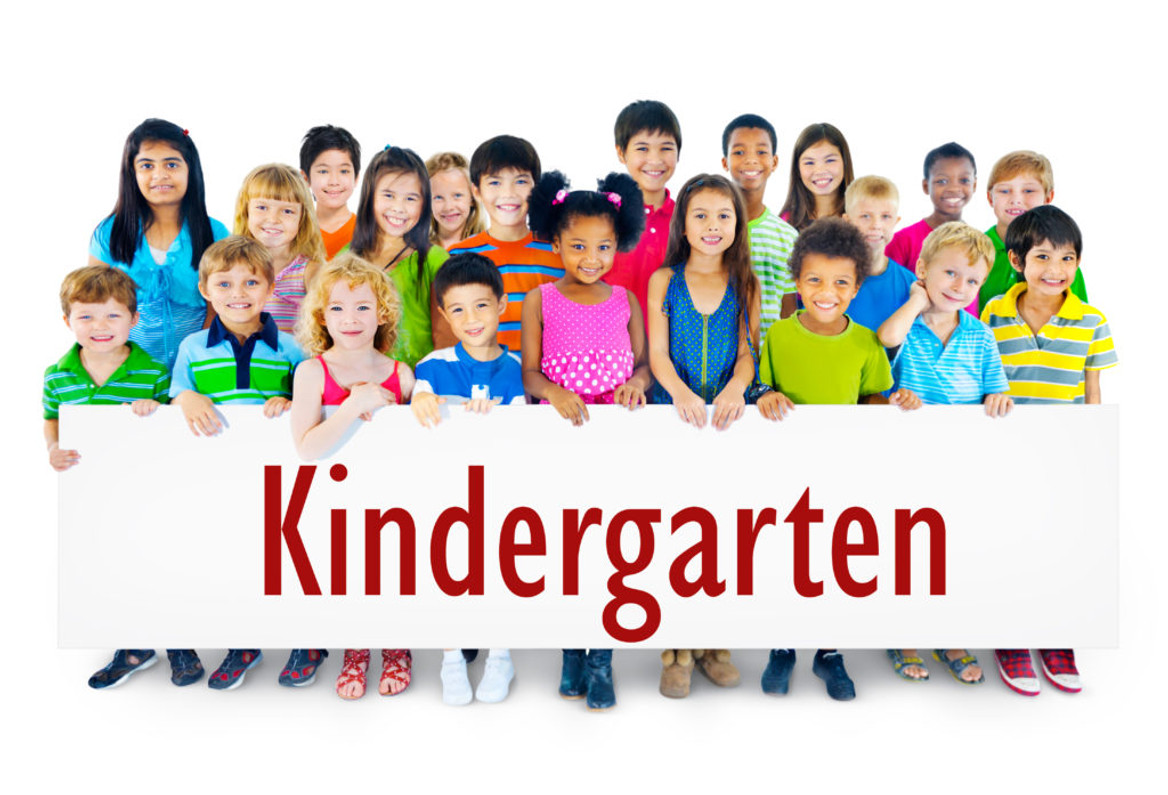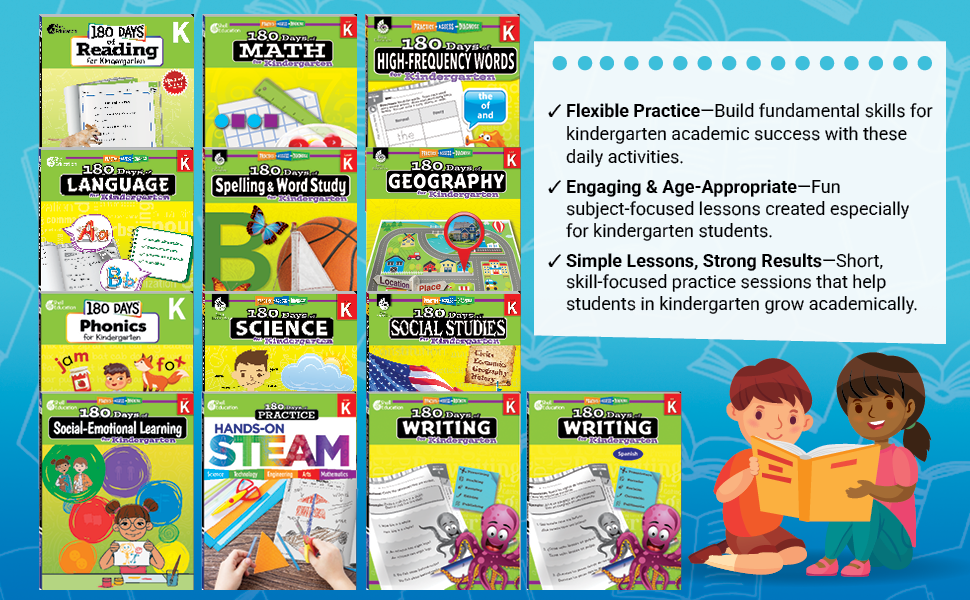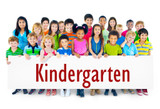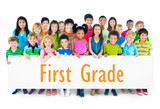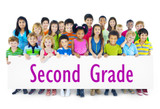What Your Kindergartener Should Be Learning
Kindergarten marks the beginning of a child's formal education journey—a time of exploration, discovery, and laying the foundation for future learning. While every child develops at their own pace and has unique interests, there are fundamental skills and concepts that are universally beneficial for kindergarteners to learn. In this article, we delve into what kindergarteners should be learning and why these skills are crucial for their development.
1. Social and Emotional Skills: Kindergarten is not just about academics; it's also about fostering social and emotional growth. Children learn to interact with peers, share, take turns, and resolve conflicts. These skills lay the groundwork for positive relationships and emotional well-being later in life.
2. Language Development: Language skills are paramount in kindergarten. Children should be exposed to rich vocabulary through conversations, stories, and songs. They begin to learn letter sounds, recognize sight words, and eventually, start reading simple sentences. Likewise, they develop their expressive abilities through speaking and storytelling.
3. Numeracy Skills: Basic numeracy skills form the cornerstone of mathematical understanding. Kindergarteners should be introduced to numbers, counting, basic addition and subtraction concepts, and simple patterns. These early experiences build a strong mathematical foundation that will support their learning in later grades.
4. Fine Motor Skills: Fine motor skills involve the coordination of small muscles in the hands and fingers and are essential for tasks such as writing, drawing, and manipulating objects. Kindergarteners engage in activities like cutting with scissors, coloring, and tracing letters to develop these skills, which are crucial for academic success.
5. Gross Motor Skills: Gross motor skills involve the coordination of large muscle groups and are vital for physical activities like running, jumping, and climbing. Kindergarteners should have opportunities to engage in active play both indoors and outdoors to develop strength, balance, and coordination.
6. Creativity and Imagination: Kindergarten is a time for fostering creativity and imagination. Children explore various art mediums, engage in dramatic play, and participate in open-ended activities that encourage them to think outside the box. Nurturing creativity at this age lays the foundation for innovation and problem-solving in the future.
7. Basic Life Skills: Kindergarteners begin to learn basic life skills that promote independence and self-care. This includes tasks like dressing themselves, tidying up after activities, and following simple instructions. These skills not only foster autonomy but also instill a sense of responsibility and self-confidence.
8. Cultural Awareness and Diversity: Kindergarten provides an excellent opportunity to introduce children to different cultures, traditions, and perspectives. Through stories, celebrations, and discussions, children learn to appreciate diversity and develop empathy and respect for others.
9. Critical Thinking and Problem-Solving: Kindergarteners are natural problem solvers and critical thinkers. Through hands-on activities and open-ended questions, they learn to explore, experiment, and find solutions to challenges they encounter. Cultivating these skills early on lays the groundwork for lifelong learning and adaptability.
10. Love for Learning: Above all, kindergarten should instill a love for learning. Children should feel excited and curious about the world around them, eager to explore new ideas and concepts. Fostering a positive attitude towards learning sets the stage for academic success and a lifelong pursuit of knowledge.
In conclusion, kindergarten is a crucial time for laying the foundation for future learning and development. By focusing on social, emotional, cognitive, and physical skills, educators and parents can ensure that kindergarteners are well-prepared for the challenges and opportunities that lie ahead. It's not just about what children learn in kindergarten, but how they learn and the joy they derive from the process.
Recent Posts
-
What Your Kindergartener Should Be Learning
Kindergarten marks the beginning of a child's formal education journey—a time of exploration, discov …Jan 7th 2026 -
What Your First Grader Should Be Learning
First grade is an exciting time in a child's educational journey. It marks the transition from the e …Jan 6th 2026 -
What Your Second Grader Should Be Learning
Second grade is a pivotal year in a child's educational journey, marked by continued growth and expl …Jan 5th 2026

